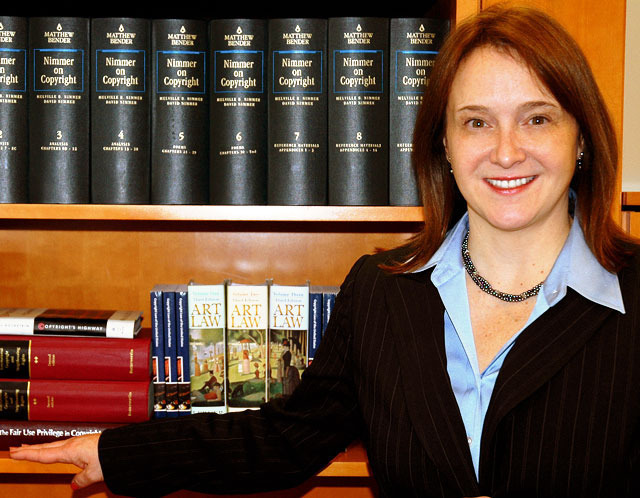
US Register of Copyrights Maria Pallante is about to give testimony (PDF) to part of the House Judiciary Committee, in which she proposes that the US government do something it hasn't done, ever—shorten copyright terms.
"You may want to consider alleviating some of the pressure and gridlock brought about by the long copyright term for example, by reverting works to the public domain after a period of life plus fifty years unless heirs or successors register their interests with the Copyright Office," Pallante's written testimony states.
To be sure, that's an incredibly long term. And Pallante is still suggesting that copyright owners be allowed the current life-plus-seventy term if they ask for it. The purpose of copyright law is to stimulate the production of new creative works, and it's not at all clear that your average performer or artist is behaving any differently because they're granted so many decades of exclusive rights.
But the direction is worth noting. Life plus fifty years is less than the current term of life plus seventy years. Corporate-owned works currently get a copyright term of 95 years. The public domain has essentially been frozen for decades now, as each time any works have inched toward their copyright expirations, the entertainment industry has successful argued for a retroactive extension of copyright terms.
The change in tone is meaningful, though. Pallante is an establishment figure through and through; she suggested copyright would break without SOPA, and the Copyright Office has long been uber-sympathetic to industry concerns. The fact that Pallante is even broaching the idea of a shortened term is a suggestion that reformers have made progress compared to where they were even a few years ago. American copyrighted works are scheduled to start becoming public domain again in 2018 unless there is another retroactive extension. That would mean a corporately owned copyrighted work made in 1923 will become public domain in 2018, barring a new law.
Pallante also has some generalized language about how some elements of copyright may need to move from being an "opt-out" regime to being "opt-in." But again, the language is incredibly timid, and she only proposes such changes for "good guy" institutions like libraries and research institutions:
You may wish to reverse the general principle of copyright law that copyright owners should grant prior approval for the reproduction and dissemination of their works—for example, by requiring copyright owners to object or “opt out” in order to prevent certain uses, whether paid or unpaid, by educational institutions or libraries.
Pallante's speech, which is about updating US copyright law, mostly includes a lot of very general talk guaranteed to offend no one. For example: "Congress also may need to apply fresh eyes to the next great copyright act to ensure that the copyright law remains relevant and functional."
Still, her suggestion of a shortened term is still a sign that as copyright arguments heat up toward 2018, it won't be a cake walk for the content industries.
reader comments
220